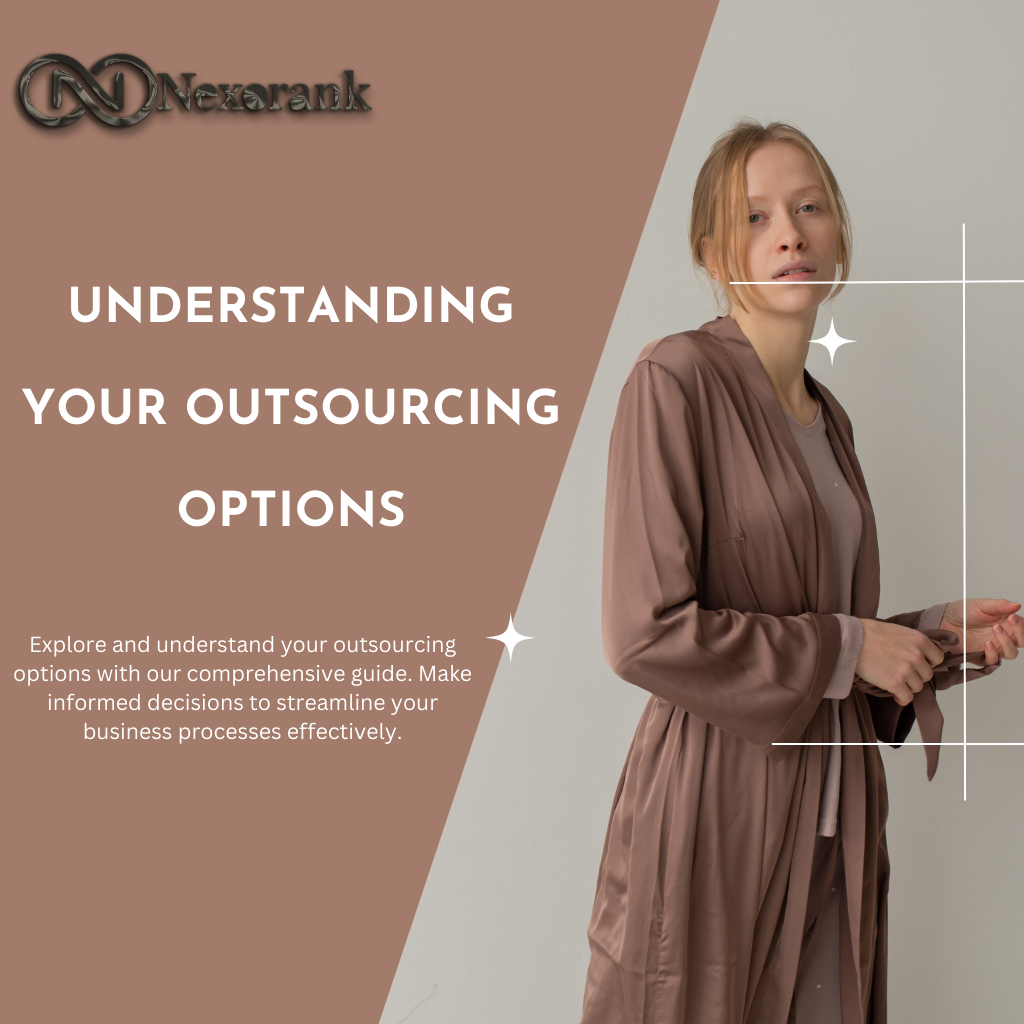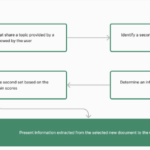You know the feeling of bliss you get when you reach inbox zero or cross the last item o your to-do list? Yeah, neither do most of us. Because of that, many companies turn to outsourcing to augment the work of small or overworked teams. But how do you know when to outsource? Let’s walk through your options.
Considerations for In-House vs. Outsourced Social Media Management
Outsourcing social media tasks to a specialized third-party can alleviate operational pressures your team might be facing. But it’s a big decision that requires financial commitment. If you have the bandwidth and budget, it may make more sense for some tasks to be kept in-house, or to use a combination of the two.
There are plenty of benefits to keeping social media in-house. For instance, social media is one of the most direct opportunities your business has to connect and engage with prospects and customers. If you keep social media in-house, you can hire full-time social media strategists who communicate with prospects via your social media platforms and then relay that information back to leadership to inform more personalized, targeted brand messages moving forward.
However, if you work for a smaller company with a limited budget, a full-time social media manager might currently be out of reach.
Additionally, the power of social media might actually make outsourcing an important task when done correctly, social media can take your brand’s reach and visibility to the next level, so you may want to outsource to an agency with proven success in the industry.
You can also delegate certain social media tasks to a third-party group, rather than handing o the entire strategy to them. For instance, maybe you notice Instagram is a fantastic avenue to connect with leads, but your social media manager is currently juggling TikTok, LinkedIn, and Facebook as well, making it di cult for her to give full time attention to Instagram.
To combat the issue, you might hire an agency to focus primarily on all things related to Instagram, including Instagram advertising, posting to Instagram Stories, and hiring Instagram influencers to promote your products or services.
HubSpot Certified Partner, Kennedy Marketing, suggests asking yourself the following questions if you’re considering hiring an agency to manage your social media:
Do they ask a lot of questions and spend more time listening than selling to you? You’re hiring the agency to be an extension of your team. You want them to care about your business goals and the needs of your customers just as much as you do.
An agency that has experience in your industry will be able to ramp up quickly and produce better content and campaigns to reach your customers.
Will they be helping you develop a strategy or relying on executing one you set forth? Part of the reason why you might want to hire an agency is to bring in outside expertise that can influence results. The agency needs to be flexible enough to modify the strategy until it works, to provide recommendations for improvement, and to take ownership for failures. Kennedy Marketing also suggests to keep in mind that “strategy is more than a one page template of actions looked at once a year. It needs to be bespoke to you as a company, your needs, and your customers and regularly reviewed.”
Who are their clients? Their competitors? These are important questions to ask. Do their employees work at their o ce or do they outsource the work? Ask for references to see what their clients think about them. And find out ahead of time if their work might have a conflict of interest with yours.
Not only should the agency you hire be able to provide you with detailed reports, you need to be clear from the beginning with what success looks like, so the agency knows how to track what matters most to your business. For example, measuring social media reach and growth is very di erent from tracking lead generation. The clearer you can be with your agency about your needs, the more successful they will be.
Do you trust the agency to produce your social media content? Make sure you ask for examples of how they’ve managed content and the creation process for other clients. Look at the agency’s own social media channels too. Do they do for themselves what they recommend for clients?
It’s important to decide on a strict budget with a list of all the actions and activities you’re buying, including any additional costs. Determine the approval process for costs, and make sure that everything is agreed upon ahead of time so there are no surprises along the way
Deciding Between In-House and Outsourced Social Media Management
Still can’t decide whether you should outsource or keep your social media in-house? Take apeek at your current team and ROI. If your current strategy is generating excellent ROI and you have a trained, experienced social media team with the capacity to handle long-term campaign work and ad-hoc tasks, keeping your social media in-house might be the better option.
Whereas if your team members are wearing too many social marketing hats, consistently missing deadlines, or are hampered more than helped by your current social media technology, outsourcing your social media might be the better option.
If you decide to outsource, however, it’s not as though you just hand o the work and let the agency run it. As HubSpot’s principal marketing manager for o ine community & advocacy, Christina Garnett, points out:
Christina Garnett: If you’re a brand considering outsourcing your social media versus being in-house, it’s important to note that you need to make sure that if it’s outsourced, that those people have the same types of resources that in-house does. It’s easy to just make assumptions about their knowledge, but they need to know your brand guidelines. They need to know if there’s people in meetings that they should be a part of. It’s really easy to just be flagged for emergency content and why didn’t this happen when you’re an outsourced social media manager versus someone who’s in the know inside. So be very careful and make sure that you’re being thoughtful about what their experience is too. You can’t make assumptions about what they know versus an in-house person.
It’s important for businesses to thoroughly research and evaluate the di erent options available before making a decision on how to approach social media outsourcing. By using a combination of in-house and outsourced resources, along with the right tools , businesses can increase their chances of achieving their social media goals and reaching their target audience e ectively.



















